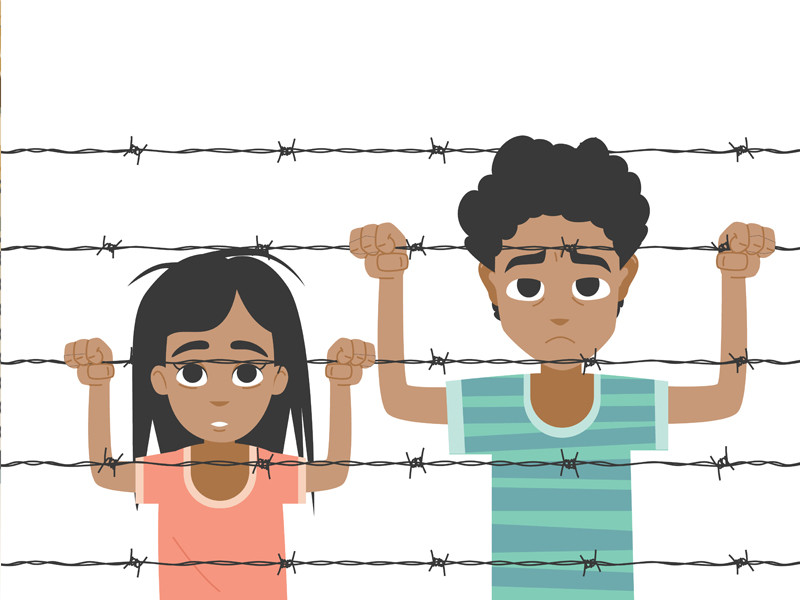Around 20.2 million children are now facing the threat of severe hunger, thirst and disease, compared to 10 million in July, as climate change, conflict, global inflation and grain shortages devastate the region.
"While collective and accelerated efforts have mitigated some of the worst impact of what had been feared, children in the Horn of Africa are still facing the most severe drought in more than two generations," said UNICEF Deputy Regional Director for Eastern and Southern Africa Lieke van de Wiel in a media release on Thursday.
"Humanitarian assistance must be continued to save lives and build the resilience of the staggering number of children and families who are being pushed to the edge – dying from hunger and disease and being displaced in search of food, water and pasture for their livestock," the UNICEF official added.
Nearly two million children across Ethiopia, Kenya, and Somalia are currently estimated to require urgent treatment for severe acute malnutrition, the deadliest form of hunger.
In addition, across Ethiopia, Kenya and Somalia:
- More than two million people are displaced internally because of drought.
- Water insecurity has more than doubled with close to 24 million people now confronting dire water shortages.
- Approximately 2.7 million children are out of school because of the drought, with an additional estimated 4 million children at risk of dropping out.
- As families are driven to the edge dealing with increased stress, children face a range of protection risks – including child labour, child marriage and female genital mutilation (FGM).
- Gender-based violence (GBV), including sexual violence, exploitation and abuse, is also increasing due to widespread food insecurity and displacement.
UNICEF’s 2023 emergency appeal of US$759 million to provide life-saving support to children and their families will require timely and flexible funding support, especially in the areas of education, water and sanitation, and child protection, which were severely underfunded during UNICEF’s 2022 response.
An additional US$690 million is required to support long-term investments to help children and their families to recover and adapt to climate change.
Cek Berita dan Artikel yang lain di Google News



















